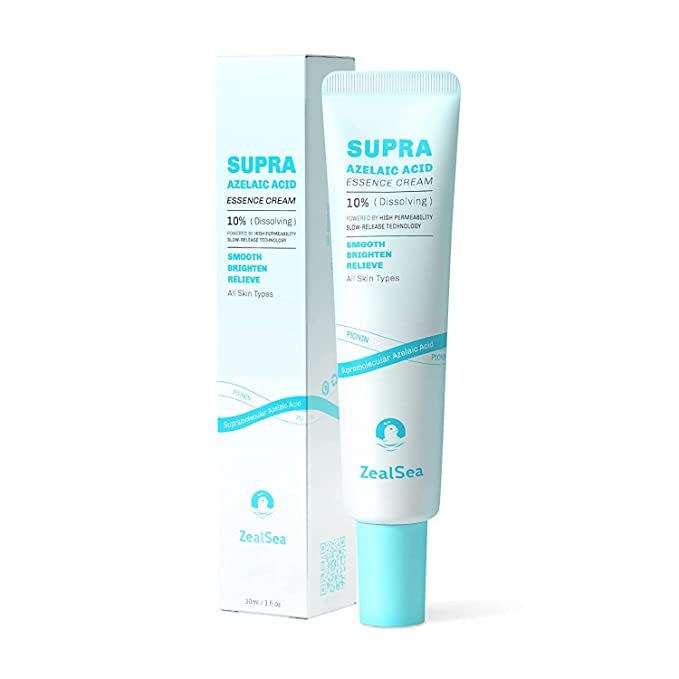Acne and rosacea are common skin concerns that may look similar but are different. Knowing the differences between them can help you get the right treatment. Let’s take a closer look at their distinct features and effective remedies. Read More
Acne: What is it?
Acne is a skin condition that causes pimples, blackheads, and whiteheads. It occurs when the hair follicles become clogged with oil and dead skin cells. Acne commonly appears on the face, back, and chest.
Rosacea: What is it?
Rosacea is a chronic skin condition that causes facial redness, bumps, and visible blood vessels. It may also result in a burning or stinging sensation. Rosacea often occurs in the middle of the face and tends to affect people with fair skin.
The Differences:
Acne and rosacea differ in many aspects, including the following:
– Causes: Acne is caused by clogged pores, while the exact cause of rosacea is unknown.
– Symptoms: Acne causes pimples, blackheads, and whiteheads, while rosacea causes redness, bumps, and visible blood vessels.
– Age of onset: Acne often starts in teenage years, while rosacea typically appears in adults over30.
– Location: Acne can occur anywhere on the body, while rosacea is mostly on the face.
– Triggers: Acne can be triggered by hormonal changes, stress, and certain foods, while triggers for rosacea include sun exposure, hot drinks, and spicy foods.
Effective Treatments:
Acne and rosacea can be managed with suitable treatments. Here are some effective remedies:
For Acne:
– Topical creams containing benzoyl peroxide, salicylic acid, or retinoids can unclog pores and reduce inflammation.
– Oral medications such as antibiotics or birth control pills may help regulate hormonal changes that cause acne.
For Rosacea:
– Topical creams containing azelaic acid, metronidazole, or brimonidine can alleviate redness and bumps.
– Laser therapy or intense pulsed light (IPL) treatment may help reduce visible blood vessels and improve skin tone.
Final Thoughts:
Acne and rosacea may seem similar, but they have different causes and symptoms. Understanding their unique features can help you get the right treatment. If you have concerns about your skin, it’s best to consult a dermatologist for professional advice.

